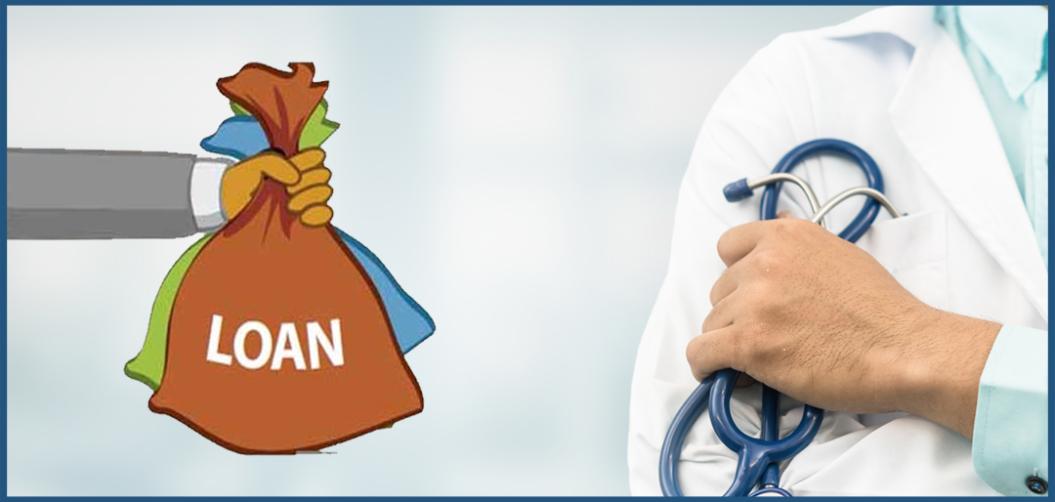FHA Loan: A Guide to Saving with a Reduced Interst Rates
FHA loan refinancing is a process of paying off your existing FHA-insured loan with a new loan that has a lower interest rate. This can save you money on your monthly payments and over the life of your loan.

Eligibility
To be able to refinance your FHA loan, you must meet certain criteria. These criteria include:
- You must be current on your FHA loan payments.
- You must have a valid reason for refinancing, such as to lower your interest rate or consolidate debt.
- You must have enough income to cover the new loan payments.
- You must have a debt-to-income ratio that is less than 43%.
- You must have a minimum of 3.5% equity in your home.
Types Of FHA Loans
There are two main types of FHA-insured refinances:
- Streamline refinance: This type of refinance is available to borrowers who are current on their FHA loan payments and who have not refinances their loan in the past.
- Cash-out refinance: This type of refinance allows you to access the cash in your home's equity. You can use this cash to pay off debt, make home improvement, or for any other purpose.
How To Refinance Your FHA Loan
The process of refinancing your FHA loan is similar to the process of getting a new FHA loan. You will need to:
- Get pre-approved: You can get pre-approved for an FHA loan by providing a lender with your financial information. This will give you a good idea of how much you can borrow and what your interest rate will be.
- Submit an application: Once you have been pre-approved, you will need to submit a loan application. The application will ask for your financial information, as well as information about your property.
- Close the loan: Once your loan has been approved, you will need to sign the loan documents and pay the closing costs.
Factors To Consider
There are a number of factors to consider before you refinance your FHA loan. These factors include:
- Interest rates: The interest rate on your new loan should be significantly lower than the interest rate on your old loan.
- Loan term: The loan term on your new loan should be the same as or shorter than the loan term on your old loan.
- Closing costs: The closing costs on your new loan should be less than the amount of money you will save on your interest payments over the life of the loan.
- Your financial situation: You should only refinance your FHA loan if you are in a good financial situation and if you can afford the new loan payments.
Pros And Cons
There are a number of benefits to refinancing your FHA loan. These benefits include:
- You can save money on your interest payments.
- You can consolidate your debt into a single, lower payment.
- You can access the cash in your home's equity.
However, there are also some potential drawbacks to refinancing your FHA loan. These drawbacks include:
- You may have to pay closing costs.
- You may have to extend your loan term.
- You may have to pay a higher interest rate.
When To Refinance
The best time to refinance your FHA loan is when interest rates are low and when you are in a good financial situation. You should also consider refinancing if you have a large amount of debt or if you need to access the cash in your home's equity.
How To Find The Best Lender
There are a number of ways to find the best lender for your FHA loan refinance. You can:
- Get quotes from multiple lenders.
- Check online reviews of lenders.
- Consult with a mortgage broker.
Refinancing your FHA loan can be a good way to save money and improve your financial situation. However, it is important to carefully consider the pros and cons before making a decision. If you are considering refinancing your FHA loan, be sure to talk to a financial advisor or mortgage broker to learn more about your options.
YesNo

Leave a Reply